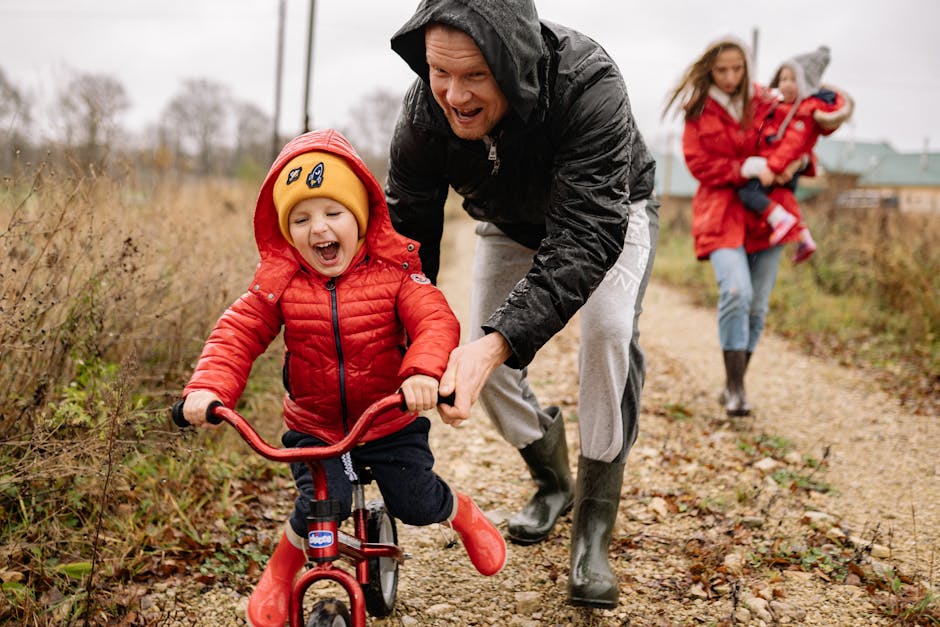The tapestry of family life has always been woven with threads of expectation, but these threads are increasingly intricate and nuanced. Modern society, with its rapid evolution, presents a complex set of influences that subtly, and sometimes dramatically, alter the very fabric of family expectations. This evolution necessitates a deeper examination of how these pressures shape how we approach parenthood and the roles within the family unit.
A pivotal shift is the emphasis on individual fulfillment. Traditional expectations often prioritized familial duty over personal desires, with parental roles often predefined and immutable. Today, however, a rising tide of emphasis on personal growth and self-actualization influences how parents approach their children’s upbringing. This isn’t necessarily a rejection of family; instead, it’s a recognition that personal happiness and well-being are crucial components of a supportive and positive home environment. Parents are increasingly motivated to pursue their own interests and passions, balancing these with the demanding responsibilities of raising a family. This has led to a broader spectrum of parenting styles, from those adhering to stricter traditional norms to those embracing flexibility and adaptability. The resulting diversity creates a vibrant, albeit multifaceted, landscape of family dynamics.
Economic pressures play a significant role in reshaping family expectations. The cost of living, combined with the need for both parents to often work outside the home, has led to a reevaluation of traditional childcare arrangements. This economic reality has impacted the perceived need for large families, often driving a shift toward smaller, potentially more manageable households. Financial worries, and the need to maintain a comfortable standard of living, frequently influence decisions about family size and parenting approaches, adding complexity to the equation. Parents might feel compelled to pursue higher education, or specialized career paths, in the pursuit of better financial prospects, which directly impacts time spent with children and available resources for raising them.
Technological advancements have introduced unprecedented access to information and resources, altering the way families function and the expectations associated with parenting. Social media, for instance, has fostered a culture of comparison and curated representations of perfect families. This can create unrealistic expectations, leading parents to feel pressured to conform to idealized norms and standards. This often results in feelings of inadequacy or guilt when their realities fall short of these meticulously crafted online personas. The digital world, while providing tools for connection and support, can also be a source of stress and pressure, impacting the mental well-being of parents and shaping their perceived expectations for their children’s futures. Children are also increasingly influenced by the digital world, often encountering societal pressures to achieve success and popularity online.
Furthermore, the increased awareness of diverse family structures significantly impacts family expectations. Single-parent households, blended families, and LGBTQ+ families are no longer anomalies; they are becoming more common. These diverse structures challenge traditional notions of family and require a reevaluation of parenting roles and responsibilities. Societal acceptance and understanding of these diverse models have fostered a more flexible and adaptable approach to parenting, promoting inclusivity and challenging rigid stereotypes. This evolution underscores that family structures can take various forms, and societal acceptance is a key factor in shaping realistic family expectations.
Societal expectations of children’s roles and achievements are also evolving. There’s a growing emphasis on holistic development, encouraging children to explore a wide range of interests beyond academic pursuits. Extracurricular activities, sports, and arts are often seen as essential for developing well-rounded individuals, placing additional demands on both parents and children. There is a shift away from solely prioritizing academic achievement towards a more balanced approach, recognizing the multifaceted nature of success. This shift reflects a broader understanding of the importance of self-expression, creativity, and emotional intelligence, factors previously often overlooked in traditional educational systems.
This shift is not without its challenges. Increased expectations can lead to heightened pressure on children and parents alike. Parents may struggle to balance competing demands from work, family, and personal well-being. Children might feel overwhelmed by the need to excel across multiple fronts, potentially impacting their mental health and well-being. The evolving landscape of family expectations necessitates a nuanced understanding and a responsive approach to nurturing and supporting both parents and children.
In conclusion, societal pressures have undeniably altered family expectations. The combination of economic pressures, technological advancements, increasing awareness of diverse family structures, and the evolution of societal views on children’s roles and achievements have contributed to a more complex and multifaceted understanding of family life. Navigating this evolving terrain requires a conscious effort to balance individual aspirations with familial responsibilities, promoting realistic expectations and fostering a supportive environment for both parents and children. Ultimately, the future of the family depends on embracing adaptability, promoting inclusivity, and understanding the diverse factors contributing to the constantly shifting tapestry of family life.
